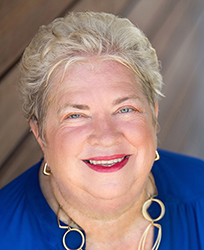
Pam O’Connor
Councilmember, City of Santa Monica; Board Chair, Local Government Commission

Steve Hansen
Councilmember, City of Sacramento; Board Vice-Chair, Local Government Commission
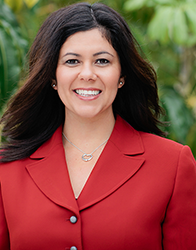
Michele Martinez
Councilmember, City of Santa Ana; Treasurer, Local Government Commission
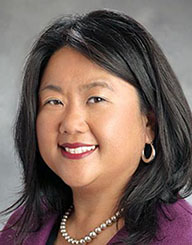

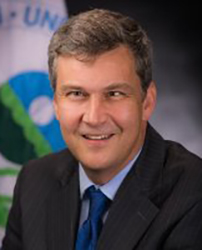
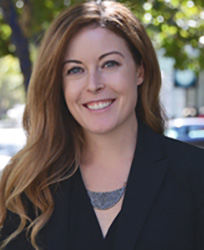
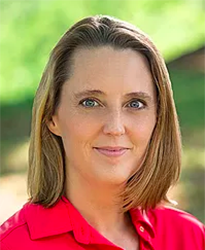

Tom Schenk Jr.
Chief Data Officer, Department of Innovation and Technology, City of Chicago, IL

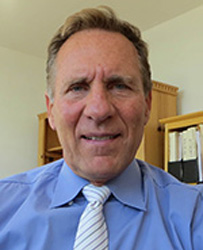
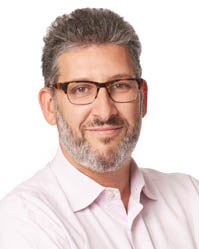
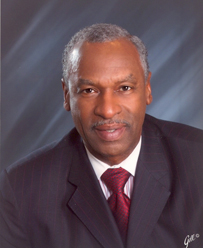
Housing Solutions: Accessing the American Dream
Thursday, February 2: Kick-off Plenary • 10:00 AM – 12:00 PM
Cities across America are facing a wide range of intricate challenges centered around housing – from affordability across the income spectrum and persistent homelessness to debilitating blight and lingering effects of the housing market crash of 2008. The availability of affordable housing isn’t keeping up with demand. Not one county anywhere in the nation can fill all of its low-income population’s need for safe, affordable housing – almost 3 in 4 (72%) extremely low-income households lacks adequate and affordable housing options.
Middle-class families are also affected through an interwoven combination of increasing demand for and limited supply of both homes for sale and apartments for rent. We must act decisively and dramatically now to create more housing and a broader mix of housing options for all income levels to sustain the social and economic fabric of our communities. Nationwide, housing demand could average 1.6 million units a year over the coming decade – almost three times the average rate over the previous 15 years.
The speakers will discuss innovative way to increase our housing supply – from eliminating regulatory barriers for accessory dwelling units and financing affordable housing to eliminating blight and addressing the “missing middle.”
Speakers
Kate Meis
Executive Director, Local Government Commission
Pam O’Connor
Councilmember, City of Santa Monica; Board Chair, Local Government Commission
John Thomas
Associate Office Director, Office of Sustainable Communities, U.S. EPA
Lewis E. Reed
President, Board of Aldermen, City of St. Louis, MO
Lisa Sturtevant
President, Lisa Sturtevant & Associates, LLC
Meea Kang
Founding Partner, Domus Development
Cities Get Smarter: Smart Growth and the Internet of Things
Friday, February 3: Keynote Plenary • 9:00 – 10:15 AM
Population growth and increasing stress on our infrastructure are causing many communities to rethink how they provide essential public services. Emerging technology used in a responsible way can play a critical role in upgrading aging infrastructure and increasing a community’s ability to reach its sustainability goals, enhance our quality of life, and foster local economic competitiveness.
Government officials and business leaders are beginning to embrace the ability of advanced technology to create opportunities to dramatically rethink the way we manage our civic and natural resources.
At the center of this paradigm shift, many cities large and small are now using low-cost sensors and wifi-enabled smart devices to collect data and improve community services – from traffic lights that adjust to reduce congestion and parking sensors that can automatically alert drivers about available parking spaces and adjust pricing based on demand.
Cities can use emerging technology to fundamentally reshape the way they operate to save energy and water, reduce traffic congestion, create more sustainable cities, and bolster local innovation and competitiveness. There will be time at the end of the presentations for questions from the audience.
Speakers
Steve Hansen
Councilmember, City of Sacramento; Board Vice-Chair, Local Government Commission
Stephen Hardy
CEO, MySidewalk
Tom Schenk Jr.
Chief Data Officer, Department of Innovation and Technology, City of Chicago, IL
The New Mobility: Planning in an Era of Autonomous Vehicles
Saturday, February 4: Morning Plenary Panel • 9:00 – 10:30 AM
Transportation has arguably changed more in the last five years then in the last 50 years, thanks to technological advances, the prevalence of smart phones and more mobility applications.
Google plans to make autonomous vehicles available to the public in 2020. Ford and Volvo have similar timelines, and experts predict that self-driving cars will probably emerge en masse in about a decade. Meanwhile, Uber launched a test of self-driving cars in Pittsburgh last fall, and General Motors and Lyft will begin testing a fleet of self-driving, electric taxis within the year.
These exciting changes have the potential to drastically alter our age-old assumptions about driving behavior and infrastructure needs – from parking and refueling to housing patterns and roadway improvements. Local governments must be ready to optimize community benefits that can be created from this transformative shift in transportation. This plenary will feature leading transportation experts discussing how local governments can plan for the new mobility future by tackling local regulations, land-use implications and considerations about social equity. There will be time at the end of the presentations for questions from the audience.
Speakers
Michele Martinez
Councilmember, City of Santa Ana; Treasurer, Local Government Commission
Ryan Snyder
Principal of Active Transportation, Transpo Group
Adam Ducker
Managing Director, Director of Urban Real Estate, RCLCO
Having Faith in Equitable Communities: Energizing Neighborhoods, Creating Opportunities
Saturday, February 4: Closing Plenary • 3:10 – 4:00 PM
In an era of increasing racial, economic and partisan strife, faith communities and their leaders in diverse neighborhoods across the nation are bringing people together to spark local revitalization efforts and build equitable development. Faith-based institutions, through strategic combinations of practical coalition-building, people power and targeted resources, often fill social and economic gaps left unattended by government and businesses. Our closing keynoter will inspire your community work by exploring how these institutions create pathways of economic and social opportunity within communities often plagued by lack of public services, insufficient resources, and long-standing financial neglect and disinvestment.
Turning “community stewardship” into a national, bipartisan model for faith-based development and economic empowerment, Rev. Flake will describe his church’s housing, education, social services and job-creation initiatives. Flake will explain how faith-based institutions and their partners have helped reverse untenable practices in housing, land use and infrastructure.
Speaker
Pam O’Connor
Councilmember, City of Santa Monica; Board Chair, Local Government Commission
Rev. Dr. Floyd H. Flake
Senior Pastor, The Greater Allen AME Cathedral (Queens, NY); former Congressman; Boardmember, The Fannie Mae Foundation
